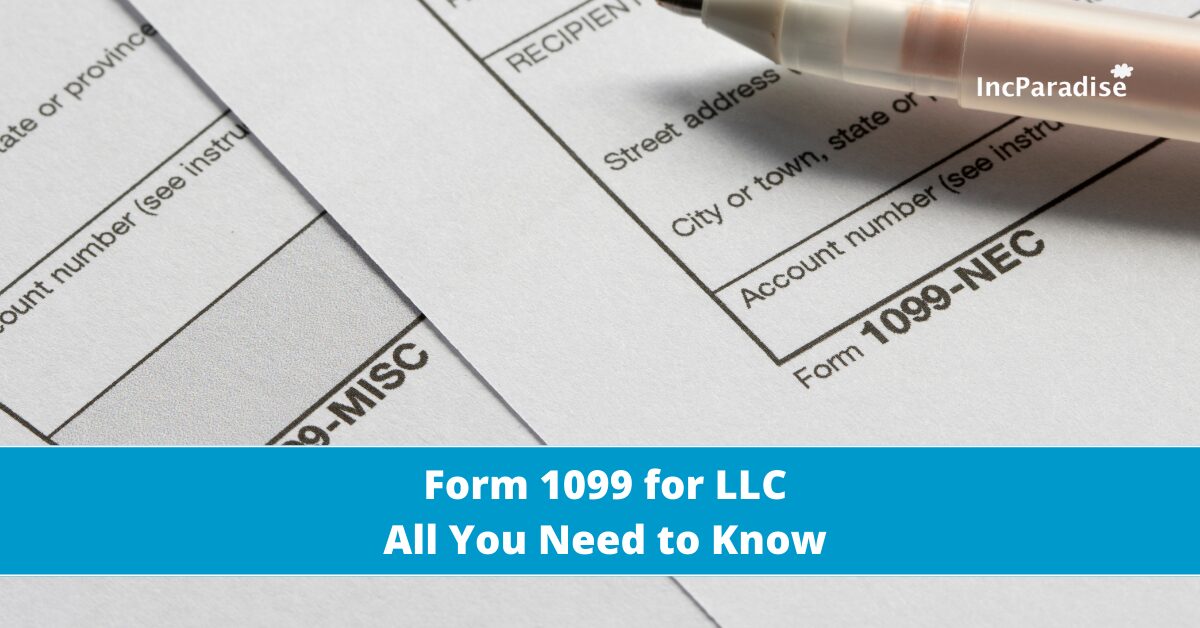Your decision to start a new business venture requires much more than just choosing the products and services. Figuring out how your business structure tax affects your business is necessary. When it comes to analyzing business taxes, the key is to know your business’ annual earnings, expenditure and profits. But beyond this balance sheet, your business structure influences how you pay your taxes and how much you pay back. Hence, the type of business structure – the legal framework you choose has a direct impact on your profit potential and tax obligations.
Check out the business structure tax comparison below to know about the tax obligations for your business structure.
The Sole Proprietorship:
It is the most basic type of business owned and operated by an individual. Sole proprietorship are comparatively easy to set up. Since sole proprietorship have just one owner, filing taxes is relatively simple.
How it Affects Taxes?
All the business income, profit, and loss are reported on the personal income tax return and the business is not required to file a tax return. All the information is reported on Schedule C, along with your Form 1040. If the business owner has never filed taxes as a sole proprietor before, he is expected to pay self-employment taxes. The present self-employment tax rate is 15.3%. Before paying the taxes, check the IRS website for the most current tax rate, since it can change between tax years.
Ideal Structure for the ones who:
- Are not much concerned about separating liability from their business.
- Want to keep the things clear and simple.
- Are new to entrepreneurship and deciding if it works for them or not.
- Are not making enough profit each year.
The Limited Liability Company
The biggest drawback of the sole proprietorship is that there is no line of division between the business owner and the business. If the business is sued, then the owner is sued personally, and his personal assets are at risk.
The LLC puts a separation between the business and the business owner. The business itself is not responsible for paying taxes. Instead, business members are taxed at the personal level. The members’ personal assets are not on the hook, even if the business cannot pay creditors. The best part about this business structure type is that it offers liability protection along with minimum administrative requirements.
How it Affects Taxes?
An LLC is recognized a pass-through entity, same as a sole proprietorship. The owners are required to pay taxes on their share of the profits whether the money stays in business or not.
For instance,With the LLC Structure, if your business earns a profit of $40,000 and you decide to keep $20,000 in your business bank account, you need to pay taxes on the complete $40,000 on your personal tax return. And if you are personally working in the business, you need to pay self-employment taxes on the business’ profit.
Ideal Structure for the ones who:
- Prefers minimum formalities and paperwork.
- Needs the security by separating the business liabilities and personal assets.
- Have anticipated loss in the initial years and want to mention it on their personal tax return.
- Are concerned about reducing self-employment taxes.
Corporation
Corporations are taxed individually from their owners. They are legally regarded as separate entities and provide business owners with a number of benefits which includes reduced legal liability and greater credibility among banks and lenders. Most of the corporations fall into one of two types—C corporations and S corporations—each with their own pros and cons.
How it Affects Taxes?
In the case of C Corporation, the tax entity is “double taxation.” The business is taxed on its profits, and when the business owners take these profits out, they are expected to mention the distribution of their personal tax return. Double taxation may seem costly for small business owners who want to take profits out of business. However, an S Corporation is treated as a “pass-through” entity. Profits and losses are passed along to the shareholders or owners.
So work with a tax advisor, to allocate your business’ profits in a way that it provides the advantage of lower income tax sections.
Ideal Structure for the ones who:
- Want to avoid Double Taxation.
- Want to keep their business liabilities and personal assets different.
Conclusion:
Your business structure type has a profound impact on your tax obligations. So it is always advisable to take time to research and consider your business structure to avoid penalties and any other losses. Also, always adhere to the IRS guidelines and requirements to ensure the security of your business.








